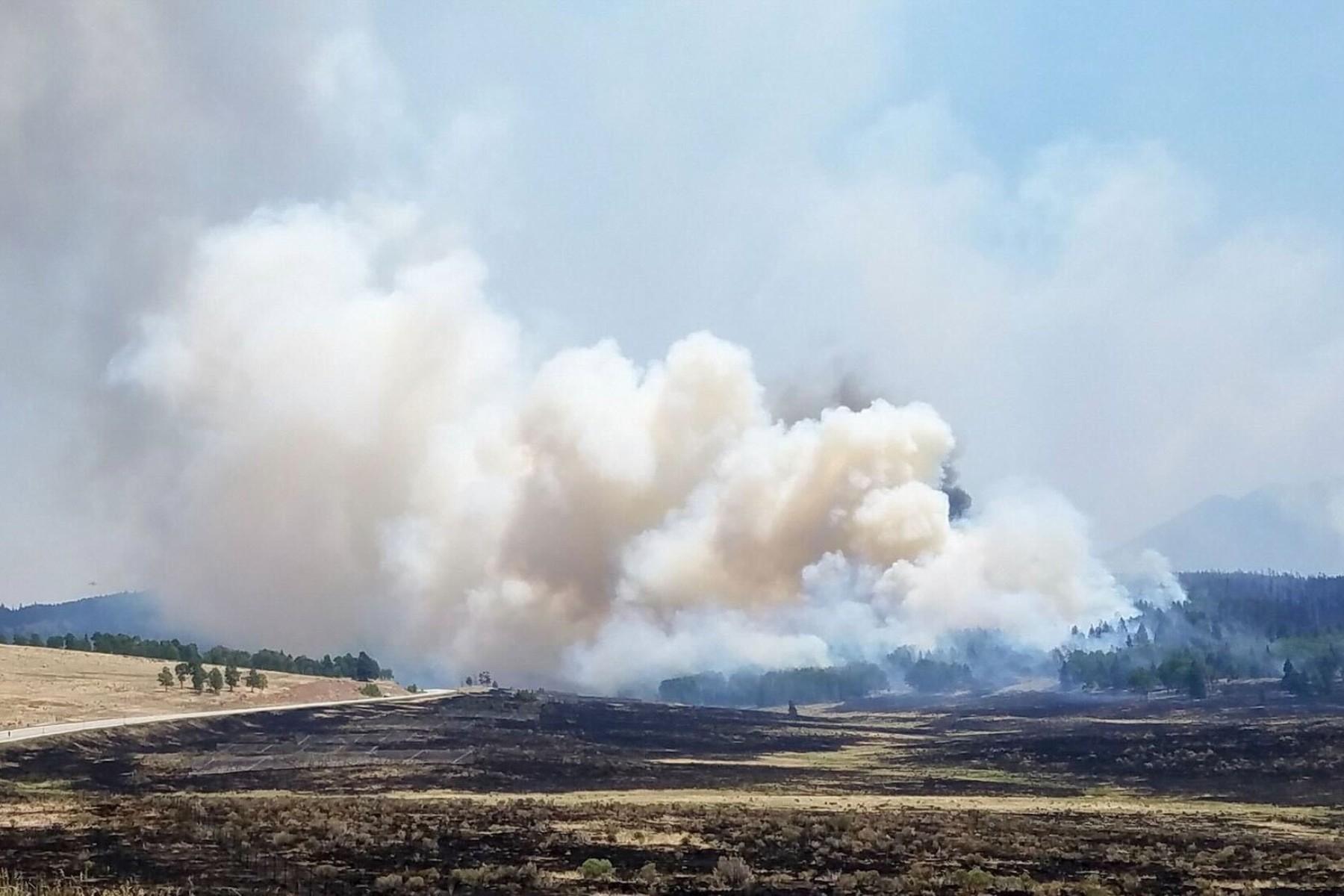A traffic stop near the state Capitol last week has people debating a provision of the Colorado constitution that gives lawmakers immunity for minor crimes. Colorado Public Radio’s Megan Verlee reports.
REPORTER: Last Wednesday night, a Denver patrol officer saw state representative Laura Bradford make an illegal turn and pulled her over.
LT MATTHEW MURRAY: "Let me walk you through what happened..."
REPORTER: I’m going to let Denver police spokesman Matthew Murray pick up the story.
MURRAY: "She says that she had been drinking, he smells an odor of an alcoholic beverage. She says she just came from a legislative function and has to be in the legislature in the morning. Those are the two caveats that we are supposed to look for."
REPORTER: Look for in order to grant legislative immunity, under a constitutional clause that dates back to the founding of Colorado. So police called the Grand Junction Republican a cab and sent her home without testing her blood alcohol. Bradford insists that she was only answering the officer’s questions and didn’t intend to trigger that protection. But her party leaders suspended her committee chairmanship and Monday morning she stood before a hushed House of Representatives.
REP LAURA BRADFORD: "Colleagues and friends, it’s with a deep sense of pain and remorse that I stand before you today. I am not above the law."
REPORTER: Whatever happened Wednesday night, the Colorado constitution is clear that legislators are above many laws, everything short of felonies and treason, at least when they’re doing their duty. That means either during policy debates or while travelling to and from official functions. And House Minority Leader Mark Ferrandino is quick to insist there are important reasons for that.
REP FERRANDINO: "We don’t want the executive branch, because they don’t like someone’s bill, to be able to pull over a legislator and say, ‘oh well you’re not going to be able to go present your bill because we don’t like what you’re doing.’ And that was the intent of the constitution."
REPORTER: Immunity goes back several centuries, to a time when lawmakers who ran afoul of a king risked ending up in a dungeon somewhere. Most states and the US constitution have an immunity clause. It’s usually a pretty obscure provision, but Republican state Senator Kevin Lundberg says people do learn about it.
SEN LUNDBERG: "Nobody steps in and says, you can’t get arrested when you’re headed to the Capital. But it is part of the Colorado constitution and believe it or not, some of us read that document."
REPORTER: Immunity has grabbed some headlines recently. Arizona’s legislature is considering revoking its clause, after one of their members used it to avoid domestic violence and DUI charges. But Lundberg says Coloradans shouldn’t follow suit.
SEN LUNDBERG: "So often what we find with any law is not just what we wrote in statute, or in constitutional law, but how has that been applied by local departments and local governments?"
REPORTER: Lundberg is one of many lawmakers who say they want to examine whether the Denver Police, and other departments, are interpreting the immunity clause too loosely. Professor Tom Russell at the University of Denver law school says the boundaries of immunity were narrowly defined by the Colorado Supreme Court in a case twenty years ago.
PROF RUSSELL: "And they held absolutely its protects lawmakers when they’re doing their core functions. And the clause does not insulate them from arrest when they’re outside of those core functions."
REPORTER: And the situation Representative Bradford is accused of?
PROF RUSSELL: "Drunk driving falls outside the legitimate legislative activities."
REPORTER: But Denver police argue it’s not that simple to know in the heat of the moment whether a lawmaker is on legislative business. Police spokesman Matthew Murray.
LT MURRAY: "We have to make these decisions that night, with a piece of paper in front of our face and make a decision. So, you know, that’s a little vague for us. We don’t know exactly what session means or when it is in session. So those are things that could probably use tightening up."
REPORTER: Murray says that clarification can only come from lawmakers, while lawmakers blame the problem on police policy. No one, it seems, is immune from confusion.
[photo: Megan Verlee]









